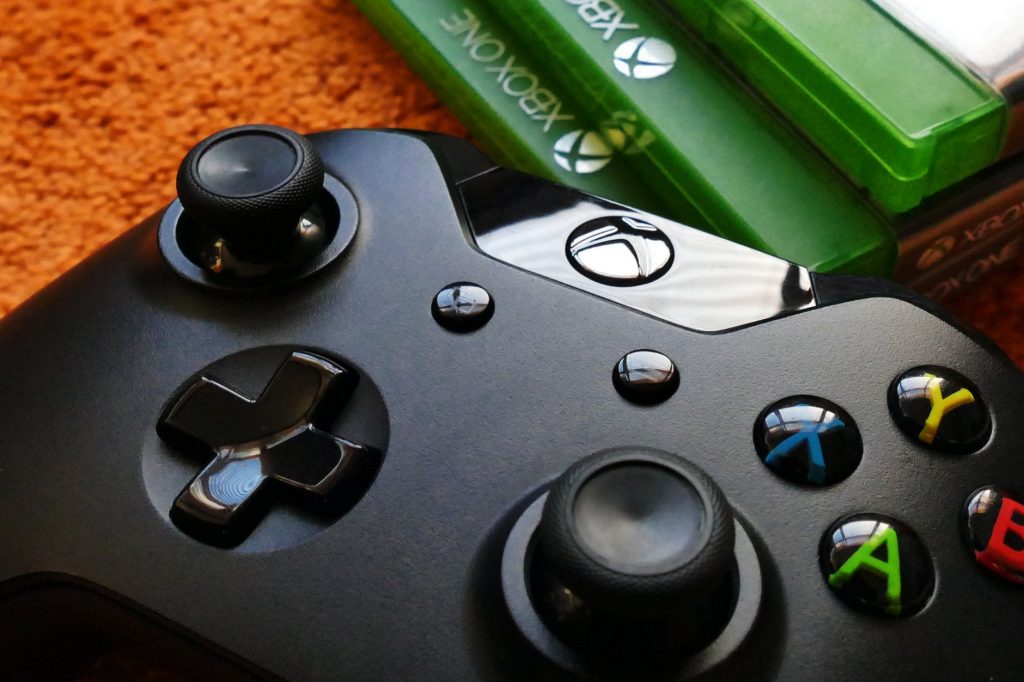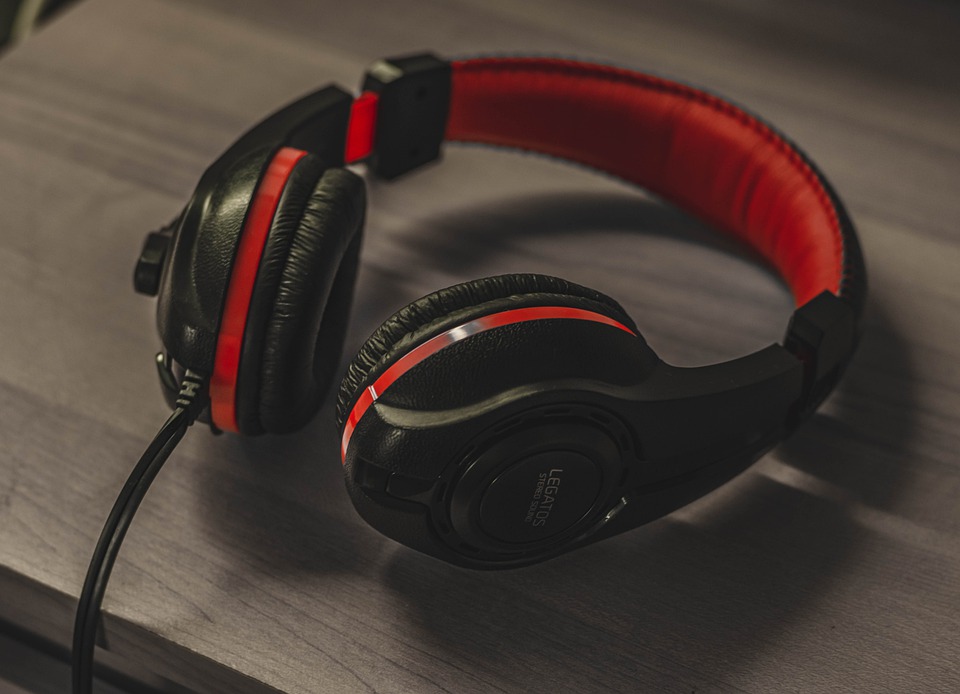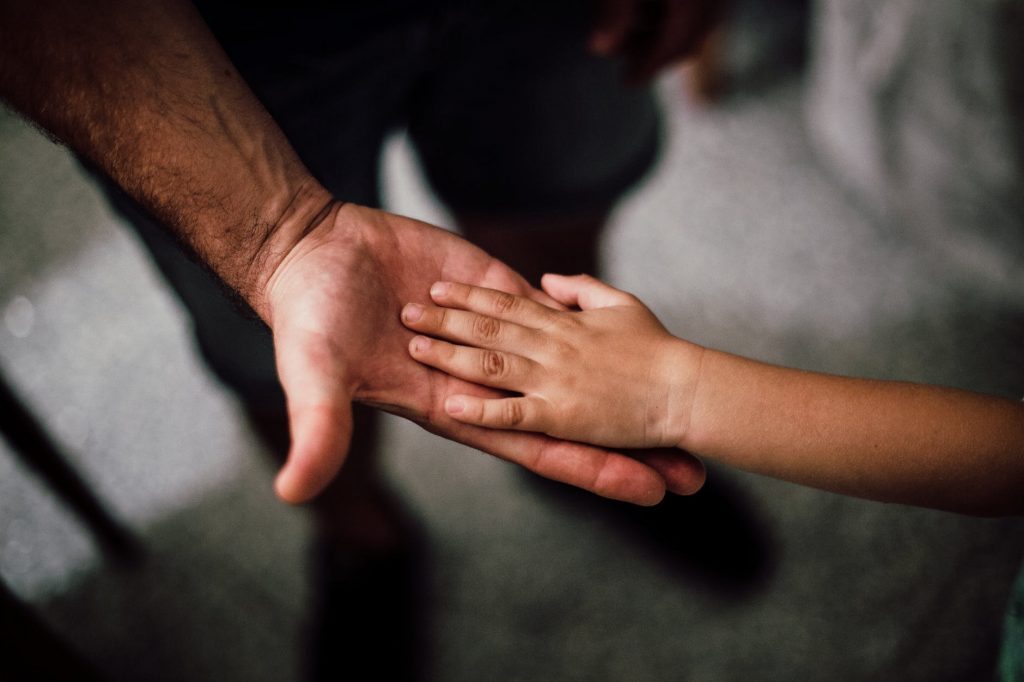
Recently, I have questioned my son’s hearing. I don’t know if it’s because he’s so enthralled in the game or if he really has some hearing problems.
If you’re worried about your child’s hearing, it can be very distressing for any parent. If you think your child is struggling to hear, you should take them to your general practitioner immediately, and seek their advice on further treatment, whether it’s ear drops for an infection or hearing aids if there is a real loss of hearing. If you are interested in hearing aids, visit Blue Angels Hearing. They have virtually invisible designs with advanced digital technology.
But, if you’re not sure how to tell if your child has hearing problems, there are some signs to look out for in children of all ages.

Newborns, Infants and Older Children
Newborns have their hearing screened as standard in most hospitals before they leave. This is done by the hospital, usually while the baby is sleeping. In most cases, either sounds are played via a small microphone, and the sounds emitted by the cochlea are recorded in the ear canal, or electrodes are placed on the baby’s head to measure brain activity in response to sounds.
Keep in mind, you shouldn’t try to test baby’s hearing yourself. Please, trust the hospital staff to do this.
Older children will have their hearing tested at regular intervals by their doctor as part of standard childhood check-ups, but keep an eye out for issues yourself too.

Causes of Hearing Loss in Children
Hearing loss can be caused by many things. Some hearing problems are there from birth and can even be genetic. Premature babies can suffer from hearing loss as can babies who’ve suffered from newborn jaundice and needed to receive a blood transfusion. Birth complications, some medications, or ear infections can all lead to hearing loss too.
Newborns should react to sudden or loud noises, so ask for another check if your baby doesn’t. By three months old, most babies will recognize a parent’s voice, and by six months most babies will turn their heads toward a sound.
By twelve months, your baby will usually start to mimic sounds, or even produce a few words. If your baby doesn’t reach these milestones, try not to panic. They may just be a little behind, but get their hearing checked anyway to be sure.

You May Like | The Truth About Pregnancy
As your baby grows into a toddler, you should be able to tell more obviously is there’s a problem with their hearing. Toddlers who are struggling with speech, are frequently inattentive, or have difficulty learning may be struggling to hear. Look out for them needing the television or music turned up louder than before.
Do they fail to respond to their name? Do they become frustrated when there’s a lot of background noise? Are they struggling to respond in conversation? These are all signs that hearing may be an issue. Speak to your general practitioner and get a hearing test.

Hearing Test
If your general practitioner agrees that there is a problem, they can refer you to a specialist, who will be able to help you further. For children’s hearing tests, these are often play based.
The specialist will check your children’s ears, and then play a series of games with your child that are designed to test their responses to different audio stimulus. This makes the test fun and not at all frightening for even very young children.







